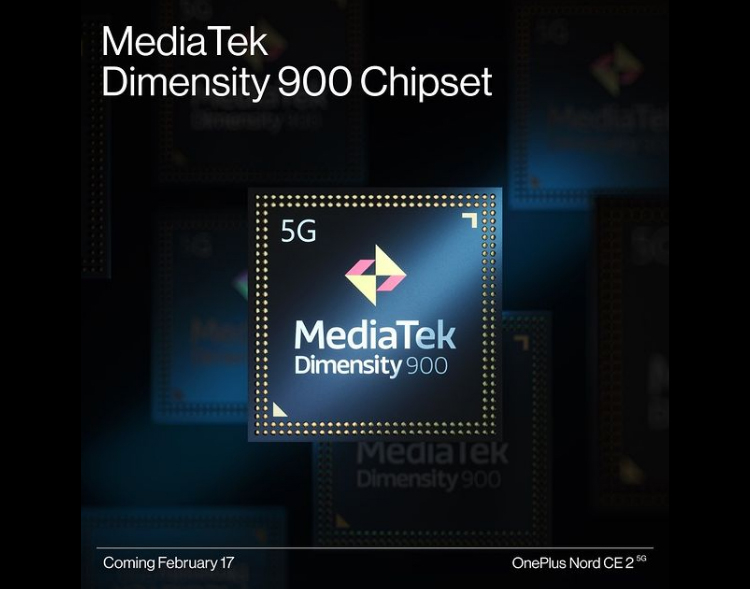Google is the latest to join the growing list of tech companies blocking access to Russian state media across Europe. In a tweet, the company has revealed that it’s blocking YouTube channels connected to RT and Sputnik in Europe following the European Commission’s announcement that it will “ban the Kremlin’s media machine in the EU.” European Commission President Ursula von der Leyen made the declaration a few days ago, adding that RT, Sputnik and their subsidiaries will no longer be able to spread their lies to justify Putin’s war.”
The tech giant said it’ll take time for its systems to fully ramp up, so EU residents may still be able to access channels affiliated with the media organizations at the moment. It also said that it has a team monitoring the situation around the clock to take swift action, perhaps to ensure no new channels pop up to take the place of the ones being blocked.
YouTube barred the outlets from being able to monetize their content on the platform a few days ago, citing sanctions against their home country. In addition, it made sure their videos appear less frequently as recommendations and made their channels inaccessible in Ukraine following a request from the country’s government. Eastern European media outlet Nexta tweeted out a copy of the letter Alexander Tkachenko, Ukraine’s Minister of Culture and Information Policy, sent to YouTube, in which he asked the website to “block access of the aggressor state’s propaganda channels not only in Ukraine, but around the world.” So far, YouTube has only blocked RT and Sputnik in Ukraine and the EU.
Facebook restricted access to the state-owned media outlets across the EU a few days ago after it removed their ability to monetize their pages with ads. Twitter halted ads in Ukraine and Russia, as well, “to ensure critical public safety information is elevated and ads don’t detract from it.” Microsoft followed suit, banning the publications from its ad network, pulling their news apps from the Windows store and de-ranking them in Bing’s search results. Google started downranking results from the outlets in 2017, though it’s unclear if that has changed over the years. Earlier, TikTok also made the RT and Sputnik accounts inaccessible to audiences within the EU.
All products recommended by Engadget are selected by our editorial team, independent of our parent company. Some of our stories include affiliate links. If you buy something through one of these links, we may earn an affiliate commission.
Note: This article have been indexed to our site. We do not claim legitimacy, ownership or copyright of any of the content above. To see the article at original source Click Here












